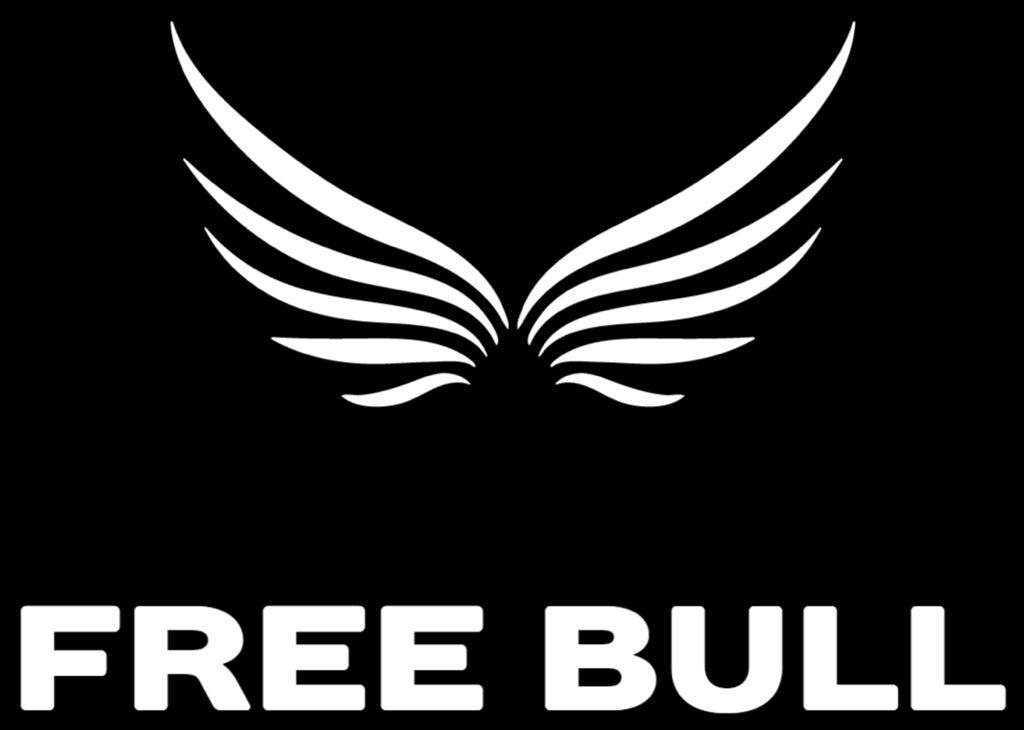#SP500:
The ISM survey’s index of national factory activity dropped to 53.0 last month, the lowest reading since June 2020, when the sector was rebounding from a COVID-19 slump. That followed a reading of 56.1 in May. The index would need to decline to 43.1 to signal a recession. Recession fears were amplified by a separate report from the Commerce Department showing construction spending unexpectedly fell in May. The Fed last month raised its policy rate by three-quarters of a percentage point, its biggest hike since 1994, to quell high inflation. Another similar-sized rate hike is expected in July. The U.S. central bank has increased its benchmark overnight interest rate by 150 basis points since March. This is a negative signal for the U.S. stock market.
Trading recommendation: sell 3925 and take profit 3707.
XAUUSD:
Pessimism about the global economic outlook boosted demand for the safe-haven U.S. dollar. This is a negative signal for gold, since assets have an inverse correlation. Rampant inflation and a rush by central banks to raise rates and stem the flow of cheap money has fueled sell-offs across markets and lifted assets seen as safer bets. The greenback is being swayed between concerns that the Federal Reserve will continue to hike rates aggressively to blunt soaring price pressures, and the likelihood that this will hurt the economy. Expectations for interest rate hikes by U.S. central banks have fallen, with traders now pricing in a peak of 3.32% in March, down from previous estimates of around 4% before the Fed’s June 14-15 meeting. The Fed’s benchmark rate is currently 1.58%.
Trading recommendation: sell 1825 and take profit 1800.
#Exxon:
Exxon Mobil Corp signaled that skyrocketing margins from fuel and crude sales could generate a record quarterly profit, according to a securities filing. Energy prices have shot up this year with oil selling for more than $105 per barrel and gasoline at about $5 per gallon in the United States. The enormous earnings are likely to ignite new calls for windfall profit taxes. The largest U.S. oil producer projected a sequential increase of about $7.4 billion in operating profits compared with the first quarter. The filing indicates a potential profit of more than $16 billion for the second quarter. The company’s peak quarterly profit was $15.9 billion in 2012. The filing showed Exxon expects higher oil and gas prices will add about $2.9 billion to results. Margins from selling gasoline and diesel will add another $4.5 billion to operating profits. „High energy prices are largely a result of underinvestment by many in the energy industry over the last several years and especially during the pandemic,“ Exxon said in a statement on the profit gains.
Trading recommendation: buy 84.70 and take profit 90.10.


